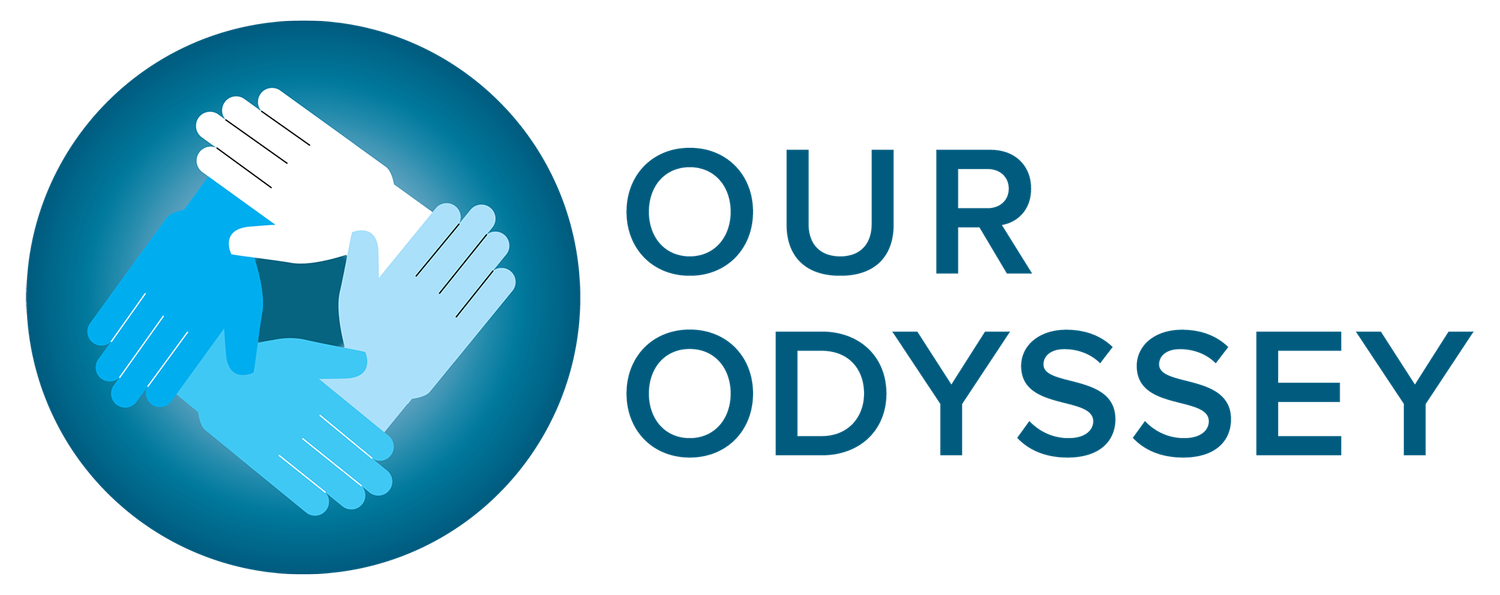Bold Enough to Fail
Fail. Failing. Failed. For many, just reading these words makes them uncomfortable or feel an intense desire to change the topic. I’ve experienced this phenomenon firsthand. In 2017, I tried to run the Chicago Marathon, but after 8 hours and 22 miles of intense pain, my rare disease won that day and demanded I take care of myself. When telling this story, I refer to it as "the marathon I failed" or some similar variation. However, the second I use the word "fail" the majority of those I am talking with rush to say "Oh! You didn't fail! You tried hard and ran farther than most non-disabled people!" They are quick to remind me of this because they want to make sure I don’t see myself as a failure. We often forget, however, you can fail without it becoming a defining characteristic of yourself. One definition of ‘to fail’ is "to be unsuccessful in achieving one's goal", which is exactly what happened in my first marathon attempt. So, why is everyone so uncomfortable when I use this word to describe it?
I've started to realize that with disability, chronic illness, and rare disease, the world wants us to believe that we cannot fail. It feels good to give us these positive messages. We are repeatedly told "you can do anything you set your mind to!" However, we are humans first, and to be human is to fail. Add on health or physical limitations, and that ability to fail can increase. What I've learned though, is that I don't need to ask myself "what if I fail?", but instead "am I strong enough to fail?" Meaning, do I have the tools and confidence to rise after I fall? If I do, then I know I can pursue that goal.
I recently decided to go back to graduate school for my master’s degree and hopefully continue for my Ph.D. This decision came after two years of internal debate about if I could even physically handle school again. During this time, I failed one marathon and succeeded at another -- events which ended up guiding my graduate school process. The way I rose after failing, reformulated, and tried again for another marathon taught me that my confidence in failing only grew once I knew I had the tools to bounce back. With graduate school, I was terrified my health wouldn't be able to match the demands and that I would fail at yet another goal. However, I came up with a multitude of back up plans, formulated answers to those pesky "what if" worries and took the plunge. Learning to not fear calling out my failures for what they are is an ongoing process, but I believe normalizing discussing failure instead of dismissing it can help us conquer new goals.
Failing is part of life, and often more so a part of life for those of us with chronic illness and disability. We don't need to be afraid of it, but we do need to equip ourselves with the tools to continue after failing. This can look like trying for your goal again or adjusting your sails in a new direction instead. Either way, we can fail without it becoming who we are.
We can all fail without becoming failures.
Abbey Hauser is a 25-year old rare disease advocate with Classical Ehlers-Danlos Syndrome. She is currently pursuing a master’s degree in Biomechanics and hopes to research various aspects of mobility aid design and use, specifically in rare disease patients. She is passionate about adaptive sports and connecting people with forms of activity that feel good for their bodies. Abbey started advocating for rare disease, disability, and chronic illness after starting her blog, Owning My Story, in early 2017. Since then, she has helped alongside a group of advocates to pass a Rare Disease Advisory Council Bill in Minnesota, participated in many rare disease conferences and spoken at various events. In her down time, she is an avid reader, an outdoor enthusiast and a lifelong learner.


